Social science graduates change direction to "survive"
Li Jialu, a third-year advertising student, is one of many social science graduates in China looking to avoid being left behind in a STEM-driven economy .
Accordingly, STEM is a term that refers to fields of study and research related to science , technology, engineering and mathematics.
Since last December, Li has been teaching himself programming almost every evening. He believes the skill could be more valuable than a college degree.
Programming quickly became a “weapon” that helped Li stand out. At work, the ability to analyze data and think logically that programming brings helps him handle problems faster and more systematically.
He called this a "bitter truth" and a common concern of social science students.
The pressure is even greater as China is expected to have 12.22 million university graduates by 2025. Among them, the social sector is left behind in both employment rate and income level.
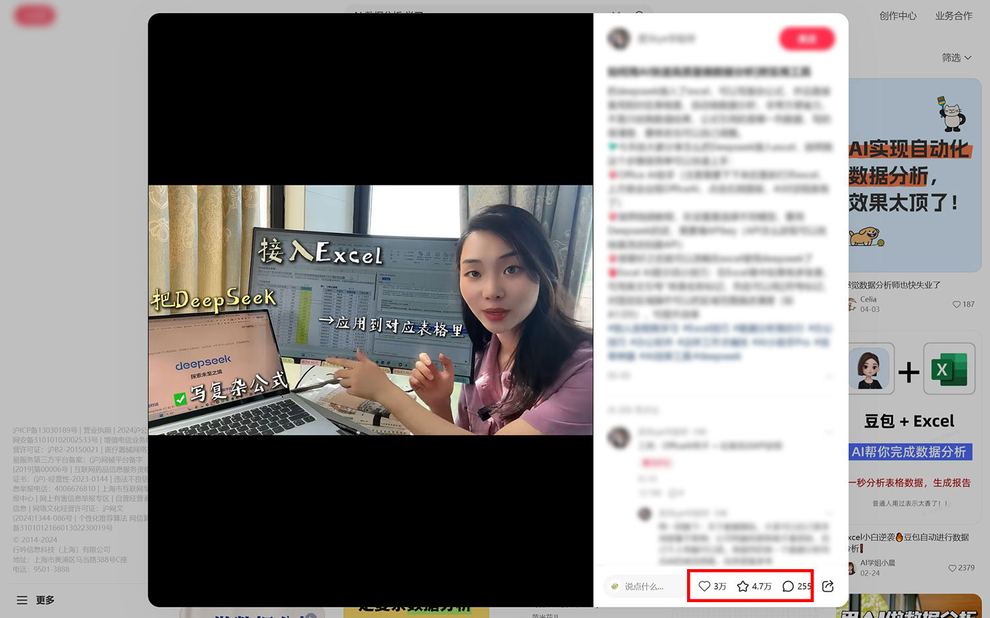
A content creator shares his experience learning AI (Photo: Sixthtone).
High demand has caused an explosion of online courses in programming, data analytics, and AI. However, self-learning programming and data skills is considered ineffective.
Faced with that challenge, some students choose to “change directions.” Chang He, a journalism graduate in 2021, realized that a few articles were not enough to build a long-term career. He decided to take a second undergraduate program in data science, then go on to earn a master’s and doctorate in computer technology.
“It's the only realistic way to get into the tech industry,” Chang said.
The labor market is heavily tilted toward STEM.
Sun Jie, a human resources manager at a tech group, said that recruitment positions are currently concentrated in the engineering and R&D departments, while positions handling administrative work are much fewer.
She believes that technological knowledge can become a “ticket” for social science graduates. Many job positions today no longer have a clear boundary between social science and STEM. Businesses need multi-talented personnel, typically product managers - people who can both analyze data and understand customers.
Veteran HR director Guo Changyuan also acknowledged that candidates with technical backgrounds are often preferred by technology companies. However, she emphasized that salary and promotion opportunities depend not only on expertise but also on logical thinking, communication skills and overall ability.
China’s education policy is also undergoing a shift. This year, the Chinese Ministry of Education added 29 new majors to its undergraduate curriculum, most of which focus on STEM.
Top schools have cut enrollment targets and eliminated traditional majors such as public administration and broadcasting.
At Fudan University in Shanghai, dual-degree programs allow liberal arts students to supplement STEM training without giving up their original field of study.
Lu Wenbo, a career counselor at Wuhan University of Science and Technology, also said schools need to be more flexible by cutting low-prospect majors and opening new programs linked to industrial needs.
Source: https://dantri.com.vn/giao-duc/lo-that-nghiep-nhieu-cu-nhan-xa-hoi-cap-toc-di-hoc-lap-trinh-20251008112037518.htm



![[Photo] Prime Minister Pham Minh Chinh chairs a meeting of the Government Standing Committee on overcoming the consequences of natural disasters after storm No. 11](https://vphoto.vietnam.vn/thumb/1200x675/vietnam/resource/IMAGE/2025/10/09/1759997894015_dsc-0591-jpg.webp)


![[Photo] Prime Minister Pham Minh Chinh chairs the Conference to deploy the National Target Program on Drug Prevention and Control until 2030](https://vphoto.vietnam.vn/thumb/1200x675/vietnam/resource/IMAGE/2025/10/09/1759990393779_dsc-0495-jpg.webp)



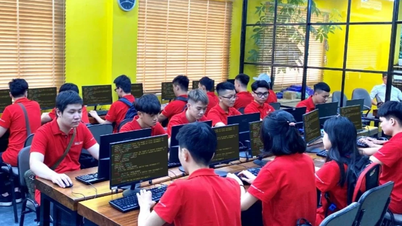



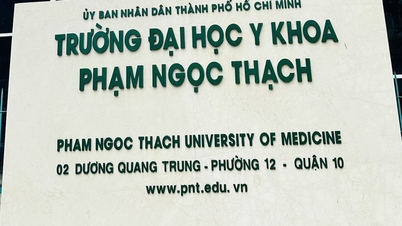





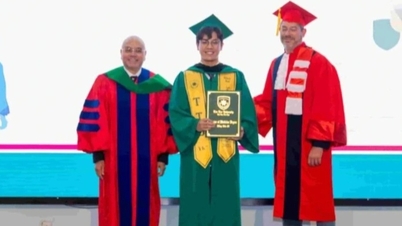











































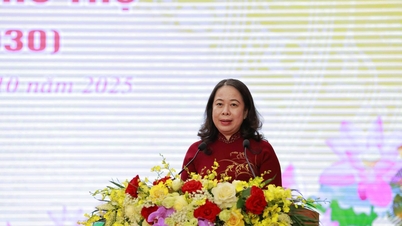






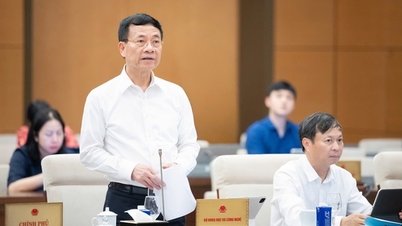





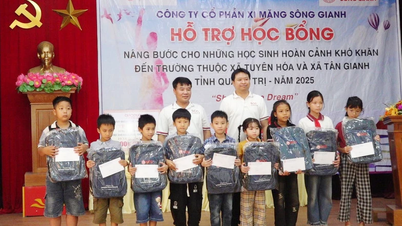



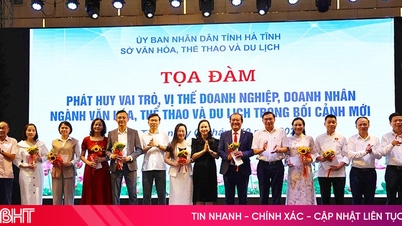



















Comment (0)